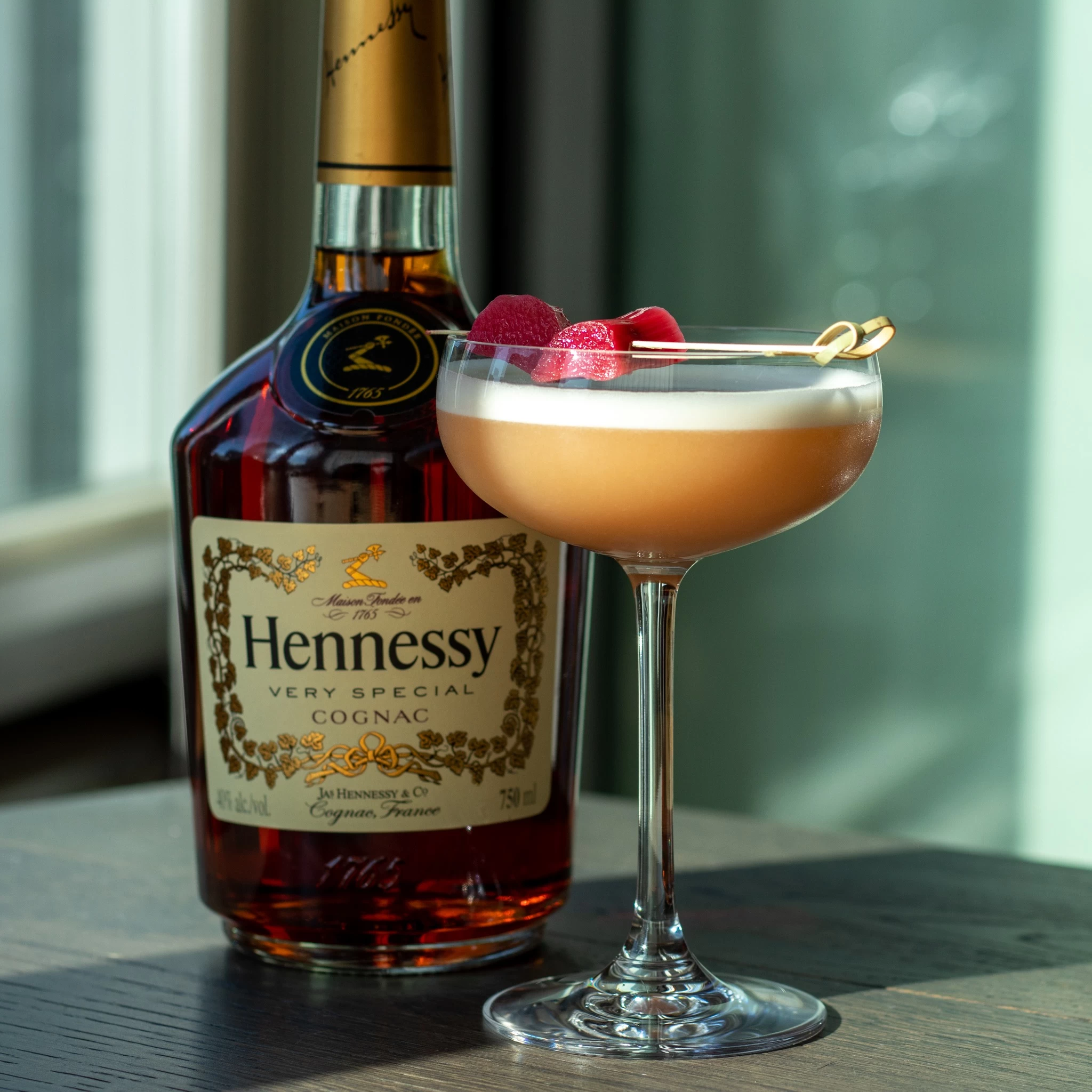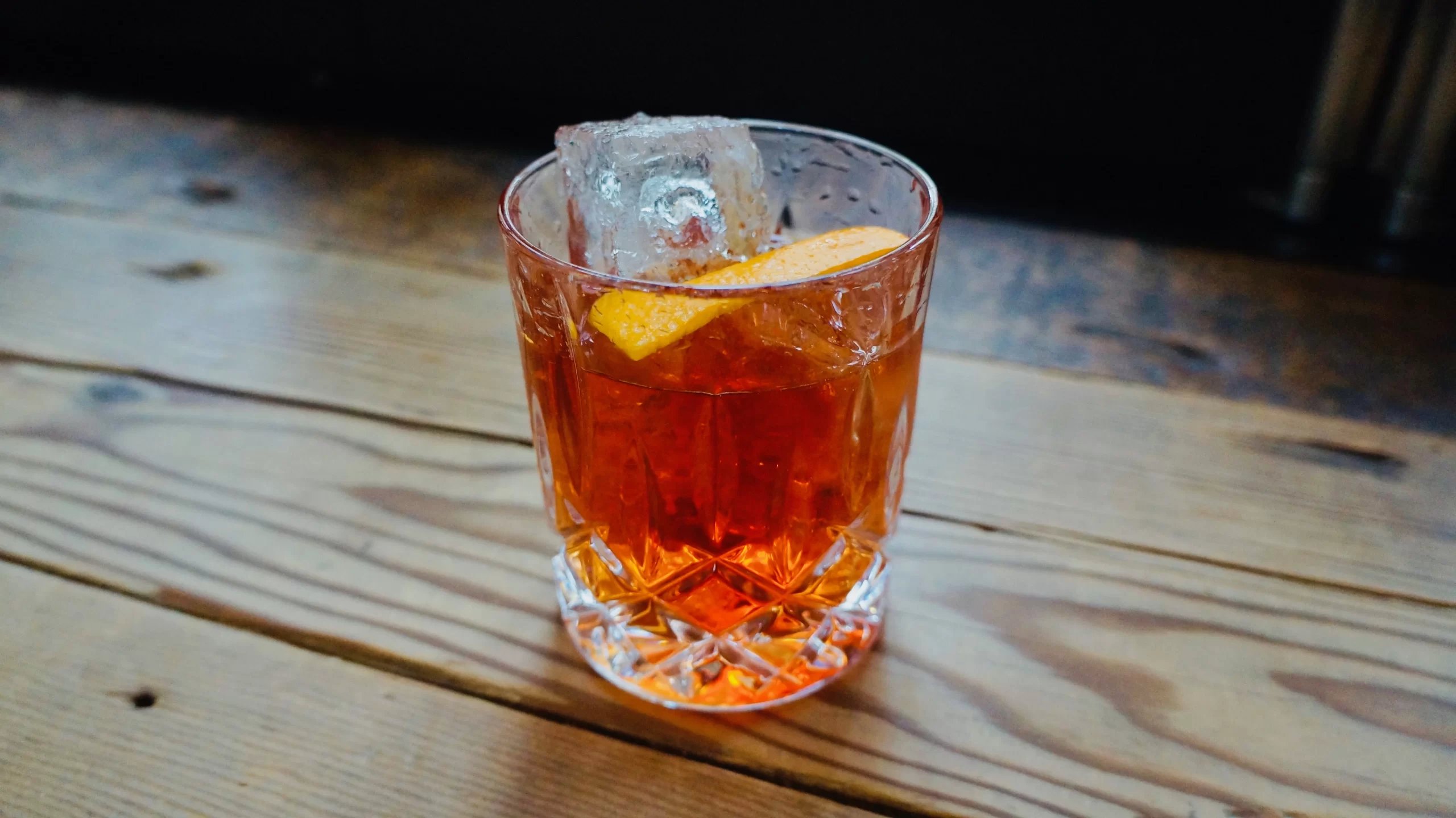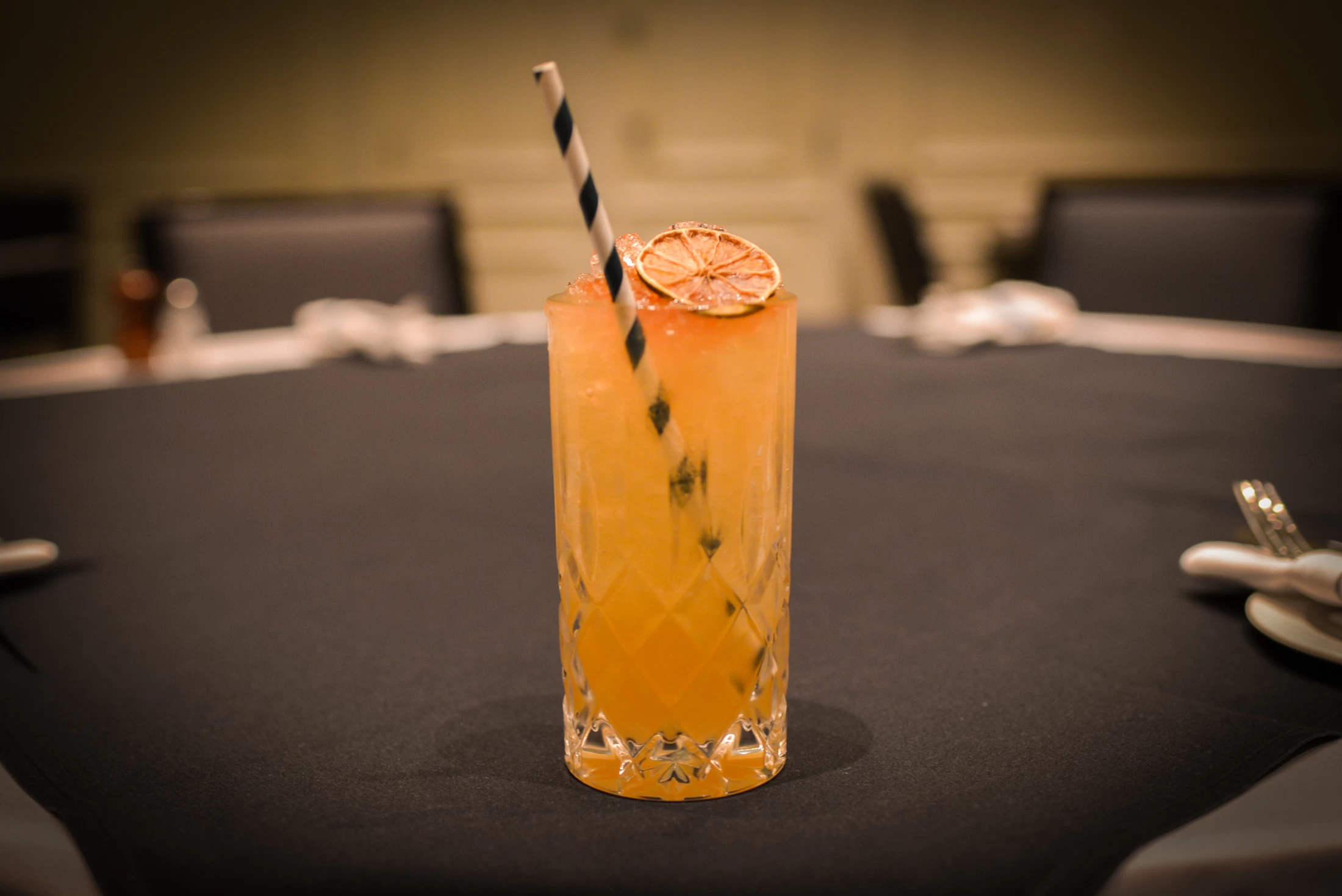At The Chickadee Room, bar manager Sabrine Dhaliwal simply can’t get her hands on a bottle of cachaça. Without the rum-like Brazilian spirit, distilled from fermented sugar cane, she can’t make The Thunderball, a refreshing summer drink with Campari, passion fruit liqueur, and muddled lime.
When government workers belonging to the 85,000-strong BC General Employees’ Union began job action at four regional liquor distribution warehouses August 15, there were suddenly no hands available to pack imported alcohol off to restaurants, hotels, bars, and retail stores.
“You remove one of these components, and it excludes some options from our menu,” Dhaliwal says. “You have to tell guests, ‘I don’t have that rum or that gin anymore.’ I’m unable to do my job, which is to provide a positive guest experience.”
“Some things are just not made in B.C.,” she continues. “You can’t make bourbon outside of America. You can’t make tequila outside Mexico. There are certain things that B.C. just cannot produce.”
For bottles that could be found at retail stores, she loaded up an Evo with whatever she could get her hands on, three bottles at a time, after new rationing rules came into effect.

Some ingredients for cocktails, like this one using Hennessy, are hard to substitute. Image courtesy of Sabrine Dhaliwal.
Even if she makes her cocktails with local substitutes, Dhaliwal is concerned that B.C. producers have only so much output capacity. Their products may also cost more, affecting profits and menu prices, or simply taste different. “We design all of our cocktails based on the flavour profile of the spirit we’re using,” she says. “They each bring their own component to the menus, so it’s not as easy as swapping one ingredient out for the other.”
Other Vancouver establishments are also hastily reconfiguring their drink menus, wine lists, and cocktail components. Your preferred cocktail might now be made with a different brand of gin or vodka, or you might end up drinking wine from the Okanagan instead of France or Argentina.
Shaun Layton, co-owner of Spanish restaurant Como Taperia, is down to his last keg of vermouth and is running out of sherries and wines so fast that instead of printing new wine lists every day, he plans to throw out the old lists and just have staff recite the ever-changing options to guests.
“It’s definitely going to get interesting depending on how long the strike lasts,” he says. “Guests have been supportive, and they understand. They’ve already been through other crap with COVID the last few years, but luckily our guests have been great.”
J-S Dupuis, beverage director for Wentworth Hospitality Group, is worried about his company’s properties such as Tableau Bar Bistro, Homer St. Cafe & Bar, and Maxine’s Cafe & Bar. But he’s even more worried about Negroni Week, an event to be held September 12-18, when various Vancouver bars and restaurants mix Negroni cocktails to raise money for food banks and other charities. Campari liqueur from Milan is the main component of this famous cocktail. “It’s not on the shelves anymore,” Dupuis says. “Campari’s gone. Vodka’s gone. Gin’s gone. All the products you saw the most are gone from the shelves, and the shelves are not being replenished.”

Find the recipe for J-S Dupuis’s spin on the classic negroni.
Suyo’s bar manager Max Curzon-Price is worried about running out of liquor stock, even though the modern Peruvian restaurant has been open less than a week. His cocktails are crafted to invoke the towering Andes or the dense Amazon with Pisco Sour, made with an old Peruvian brandy. But the crown jewel of his drinks menu could be in jeopardy. “The concern is we’re looking at running out of pisco in the near future,” he says, given that they’re going through eight bottles of house pisco per day.
“There’s no way to avoid the impact of this strike outside of being a brand new restaurant,” he says. “Although we’re part of the 1 per cent not yet affected, I’m really hoping this is a short-lived thing, though I also remember when everyone thought it would be just six to eight weeks of COVID. There’s an urge to get this under control.”
Suyo received 90 per cent of its orders before the strike and has breathing room for now, with about another week’s worth of house pisco left. But Curzon-Price is reluctant to burn through his stash of higher-end varieties, which would force him to raise the price of the $18 Pisco Sour to perhaps $22. “In Peru it’s considered a poor man’s drink,” he says.
Curzon-Price has even heard of some establishments resorting to filling empty 750-millilitre gin bottles with 50-millilitre minis, the size you get on airplanes. “A lot of people would turn their nose up at marrying bottles,” he says. But as imported liquor bottles get down to the last drop, some are now taking matters into their own hands.
Austin Bellantoni of Enoteca Bacco Importers of Fine Wines & Spirits is on the first rung of the strike’s impact on liquor supply chains, and a resolution can’t come soon enough. His company can’t sell any product until the strike ends. With revenue down to zero and purchase order invoices coming due every day, he’s doing his best to extend contract terms with suppliers. A prolonged and severe strike could necessitate layoffs.

J-S Dupuis’ Tiki Sour Swizzle uses a power drill to create. Photograph by Niko Bell.
Bellantoni and all the other industry professionals support provincial workers earning a fair wage but are equally concerned the strike is a double whammy for a hospitality industry already reeling from the pandemic. They also question the logic and efficiency of B.C.’s liquor distribution system, with its existing bottlenecks and choke points now being revealed.
“It’s a frustrating time,” Bellantoni says. “It’s a difficult time for everyone, with the economy, inflation, and high cost of living”—and now this new disruption to his business—“it needs to be equitable for all stakeholders in the industry.”
Read more local Food & Drink stories.









